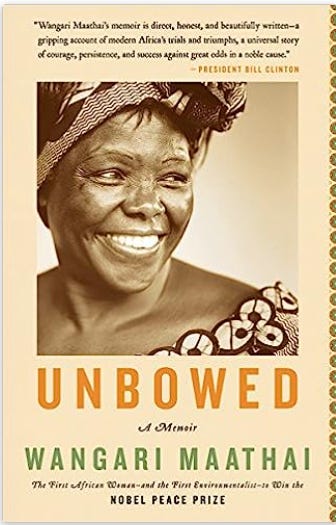The role of DEI in the development and implementation of organizational strategy
Here are two ideas from my book, Reconstructing Inclusion: Making DEI Accessible, Actionable, and Sustainable and other texts I leaned on in writing it. In addition, I’ve included one quote, a book recommendation, and a video or article that has inspired or influenced me and hopefully will resonate with you, too. (That’s ✌🏿+ 💡📚➕).
Pages 170-171
Start with Strategy
"In most of the organizations I’ve engaged with, inclusion has not been a part of their organizational designs. It has not been aligned with their strategies such that the organization, in total, knows its value and how it can guide organizational objectives. In large part, DEI has been treated as a favorable but ultimately non-essential feature, kind of like free coffee. This doesn’t mean that organizations don’t value DEI; it is more so that the act of strategy development in many organizations is exclusive. When a privileged few have exclusive access to the organizational “why,” disparity is created that adversely impacts the less privileged majority and the organization at-large.
People commit to what they help create. Organizations should ask questions such as, “To what extent are leaders, employees, and stakeholders clear on the strategy?” or “How is DEI considered in the development and implementation of the strategy?” Questions that create space for all contributors to take ownership of the organizational direction. And while organizations are not democracies, the value of a process that allows for stakeholders who are implementing the strategy to be included from its inception can lead not only to quicker alignment but also to rapid adaptation to inevitable change as it arises."
Photo by Felix Mittermeier on Unsplash
Pages 105-106
“Joseph Campbell said: “The human brain has no mechanism to recognize what is relevant or what is not. Relevance is an environmental/cultural phenomenon. All value is actualized through imagination alone.”
Whether one agrees with Joseph Campbell or not, knowing what is significant—and, more importantly, why it is so—is an age-old phenomenon that I believe few of us have taken the time to mine. Scholars have studied the nature of belief systems. Similar to Campbell’s quote, they have concluded that the context and content of an individual, made up of their biases and in some cases sacred beliefs, determines their “belief” in something.”
. . .
"Meritocracy is an idea that has stood the test of time, even though it was a term first published to serve as satire and a quasi-warning about our anchoring on such an ideal. As defined, “the holding of power (or influence) by people selected on the basis of their ability,” meritocracy makes sense. In theory, I agree that a person who has intentionally sharpened insights and skills in a particular discipline, vocation, or toward solving an intractable challenge should be granted opportunities to engage in their work at higher levels and should be proportionally rewarded to do so.
This does not mean that everyone except the most qualified candidate is doomed, or that one’s merit equals one’s worth. It means that the most qualified candidate should be offered the best position and be compensated accordingly. Less qualified candidates should be placed in positions that better suit their qualifications and capabilities. It also means that someone’s network (i.e., your family, closest friends, and people they know) does not guarantee a ticket to a high-level opportunity for self-gain. That is “capability + effort =merit,” not “exposure + network + capability + effort = superior merit.”
Understanding meritocracy as a myth is important as you develop an Inclusion System in your organization.”
💡A Quote (from a poem)
The art of losing isn’t hard to master; so many things seem filled with the intent to be lost that their loss is no disaster. Lose something every day. Accept the fluster of lost door keys, the hour badly spent. The art of losing isn’t hard to master. Then practice losing farther, losing faster: places, and names, and where it was you meant to travel. None of these will bring disaster. —from “One Art” by Elizabeth Bishop
📚A Book
Photo Credit: Amazon.com
Unbowed: A Memoir by Wangari Maathai
➕A Video
The Beauty of Human Skin in Every Color
A snippet:
“Humanae is a pursuit to highlight our true colors, rather than the untrue white, red, black or yellow associated with race. It's a kind of game to question our codes.”
I hope this was helpful. . . Make it a great day! ✌🏿





